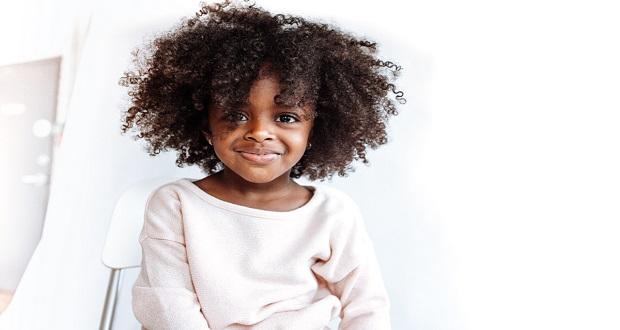Earlier this week, the Georgetown Law Center on Poverty and Inequality published a groundbreaking study that uncovered significant disparities in how adults view Black and White girls. Researchers of the study, entitled Girlhood Interrupted: The Erasure of Black Girls’ Childhood, found that adults tend to view Black girls as less innocent and more adult-like than their white counterparts. According to the study, by as early as age five, Black girls are perceived as needing less nurturing, protection, support, comfort, and being more independent, and familiar with adult topics, like sex, than white girls of the same age. The report builds upon similar research that found black boys are perceived as being less innocent than white boys by as early as age 10.
Researchers of the Girlhood Interrupted study surveyed 325 adults to come to these conclusions—74 percent White, 62 percent female, 39 percent age 25-34 years old, and 69 percent holding a post-secondary degree. (In sum, it appears that young, white, educated women continue to be challenged with seeing the humanity and innocence in young Black girls).
To no surprise, the study’s findings point to significant implications for disciplinary measures taken in educational settings, rulings within juvenile justice system, and the availability of leadership and mentorship opportunities for young Black girls.
- Black Girls Are More Likely to Be Disciplined for Subjective Infractions*
- While they make up 8% of total enrollment, Black girls were made up of 13% of suspensions
- Black girls are nearly 3 times more likely to be referred to juvenile justice
One wouldn’t need to look far back into mainstream news media to see how this data, ‘plays out,’ even in those spaces meant to actively protect and support our children (See Dajerria Becton & “Shakarra”).
While the data and study’s conclusions are certainly compelling, they are not new. Rather, they underscore the often time dismissed and undermined experiences of black girls and women at the intersection of their race and gender identities. Mainstream narratives around racial inequity have traditionally been framed through the lens and experiences of Black men. Likewise, conversations and strategies around gender have typically amplified a narrative and centered the experiences of White women. This historical exclusion of the experiences of Black girls and women from inquiries (and research) into racial and gender equity has stifled our capacity to develop and implement truly equitable systems. And while we wait or try to figure it out, Black girls are suffering.
AJ+ news published a video describing the same issue but calling it “adultification” of Black girls:
Black girls are 5x more likely to be suspended than white girls. That’s because they’re being “adultified,” says a new study. pic.twitter.com/K2iccqtlsB
— AJ+ (@ajplus) July 5, 2017
With more research and social media attention, there must be a call to action on behalf of Black girls and their right to innocence: let girls be girls.
We certainly have so much more work to do.



















